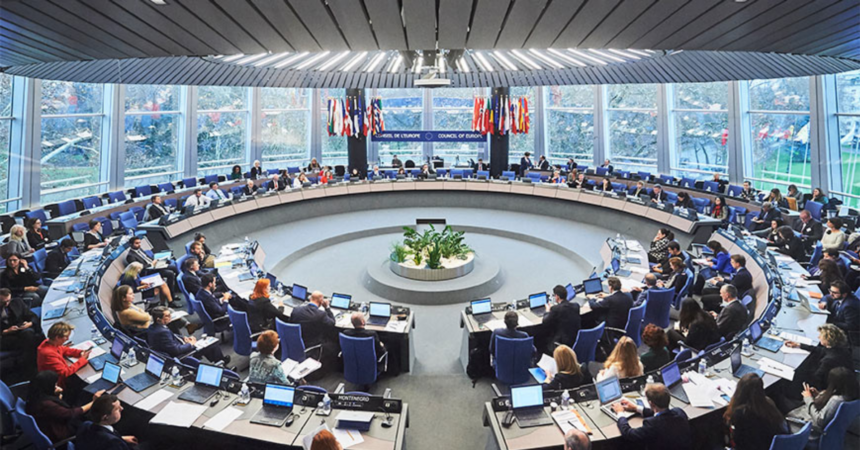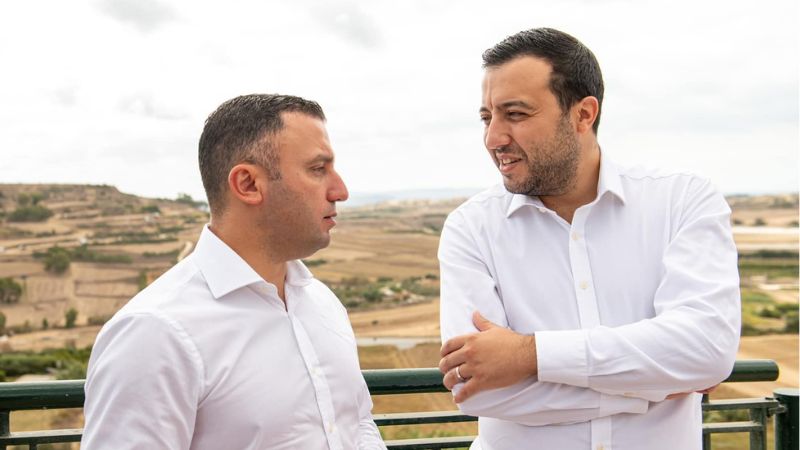The Council of Europe’s committee of ministers “sees no need for it to take action” to urge the Maltese government’s promised reforms to strengthen journalism and media freedom in Malta, despite a lack of action to address shortcomings.
In a reply to a question sent to the committee by Dutch MP Pieter Omzigt, the committee said it was satisfied, through information given by the Maltese government, that progress was being made. Omtzigt had led the Council of Europe effort, which forced a public inquiry into the assassination of journalist Daphne Caruana Galizia.
The Committee of Ministers’ decision, published earlier this month, came despite a European Commission report published earlier this year that found little to no progress in the sector.
In his question to the committee from August, Omtzigt asked for action to be taken to “encourage” Malta to fully implement the public inquiry’s recommendations and to ensure satisfactory progress is made in bringing Yorgen Fenech, charged with involvement in the assassination, to trial.
The committee, which issued its reply on 4 December, is currently led by Liechtenstein Minister Dominique Hasler, with Foreign Affairs Minister Ian Borg representing Malta.
In its reply, the committee claimed it “received information from the Maltese Government indicating that numerous constitutional and institutional reforms have been undertaken to address the shortcomings identified by the public inquiry.”
Additionally, it claimed that given initial Maltese court sittings for Fenech’s trial by jury had been held, and the three hitmen had been convicted, “the Committee of Ministers is satisfied that sufficient progress is being made.”
The committee’s decision raises questions, given that a European Commission report found little to no progress made by Malta in its reform. The government has failed to implement the 28 public inquiry recommendations fully and has employed delaying and diverting tactics since the inquiry’s publication more than two years ago.
Since it was published, the government has set up a committee recommending ready-made legislative changes. The long-delayed recommendations and findings of that committee similarly failed to stack up to the key changes called for by the inquiry.
A government white paper promised by Prime Minister Robert Abela following the report, through which public consultation could be done, is yet to be published.
The government’s efforts to convince EU institutions of its commitment and progress on the much-needed reform extended to a European Parliament exchange of views held the day after the Committee of Ministers’ reply. At that discussion, MP Omar Farrugia pledged the Maltese government’s “continued commitment” to the rule of law, lauding “significant reforms” in recent years.
A report by The Shift commissioned by the International Press Institute on the state of play of supposed reforms undertaken found that the draft media laws fail to provide comprehensive legislative policies capable of bringing about the changes to enable press freedom.












